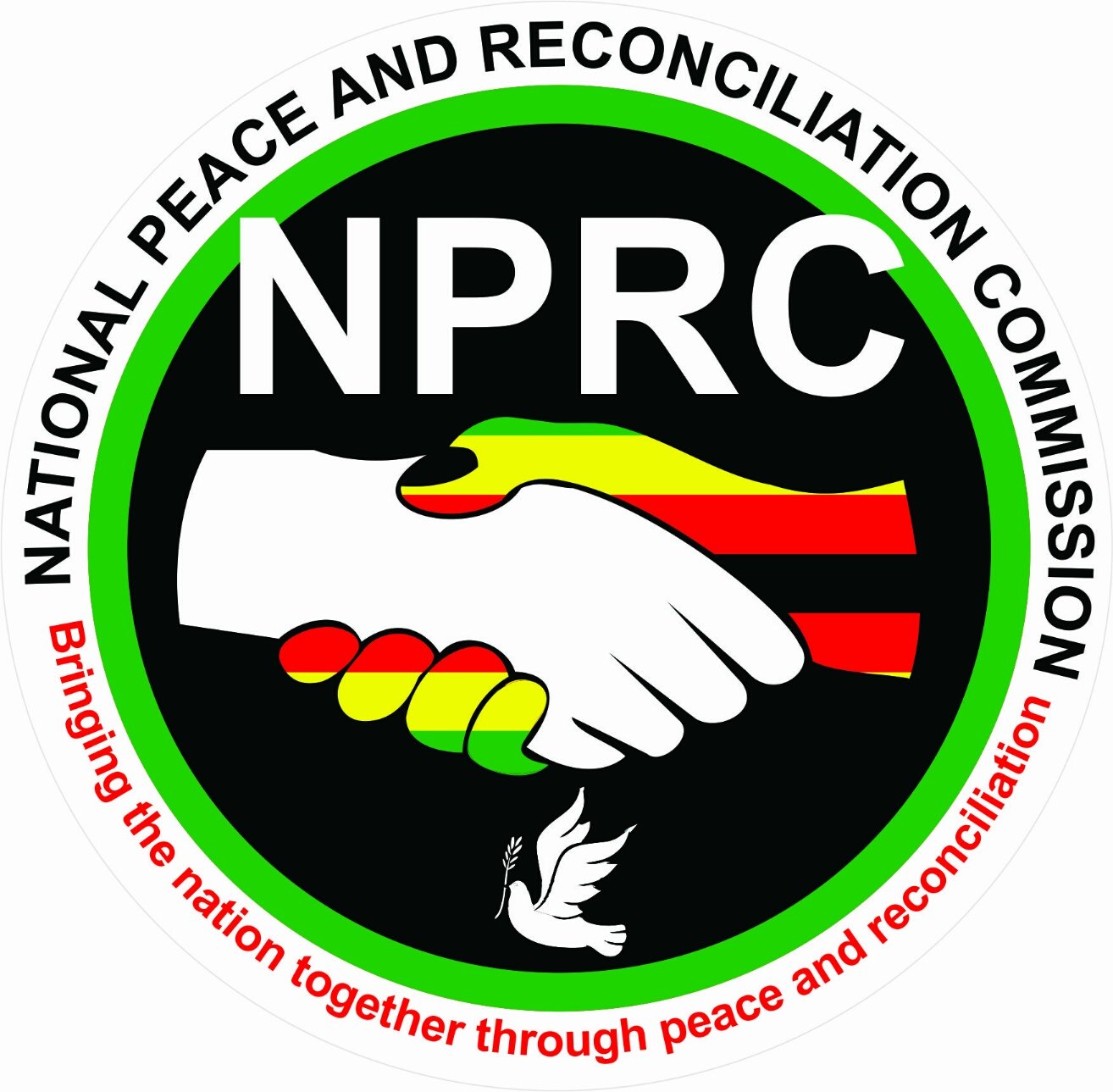The ten-year tenure of the National Peace and Reconciliation Commission (NPRC) was a wasted opportunity for the country to address the Gukurahundi genocide, political analysts have said.
The NPRC was established according to Section 251 of Zimbabwe’s Constitution, for a 10-year term beginning on August 22, 2013, with the duty of preventing violence, anticipating conflict, and making sure there is reconciliation within communities.
However, due to delays in enacting the statute to operationalize the NPRC, the commission only became active on January 5, 2018, sparking concerns that the NPRC would fail to meet its constitutional role of administering post-conflict justice.
Recently, the Ministry of Justice, Legal and Parliamentary Affairs announced that it was working on transferring the functions of the NPRC to the Zimbabwe Human Rights Commission (ZHRC).
CITE spoke to various stakeholders involved in the service of justice, mainly to Gukurahundi victims, who were meant to benefit immensely from the Commission.
They said the transfer of the responsibilities was just a way of parking the Commission’s mandate for good for no one was going to follow up.
President Mnangagwa has since roped in chiefs to conduct hearings in communities affected by the genocide.
Political analyst, Effie Ncube said the tenure of the Commission was a waste of resources that could have otherwise been used to eradicate other challenges faced by the people of Zimbabwe.
“The 10-year tenure of the NPRC was a wasted opportunity for the country to address the Gukurahundi genocide and other gross violations of human rights. Resources that could have been better spent elsewhere fighting poverty and hunger were wasted in pursuit of nothing. Even if some of the commissioners were well meaning, there was no political support for the NPRC to succeed. That way the leadership of this country failed to uphold the ideals and tenets of the Constitution. In a bigger way the fact that the NPRC failed to fulfil its constitutional mandate reflects the lack of leadership for reconciliation in the country,” Ncube said.
“It is unfair to the victims and survivors Gukurahundi that a body tasked with such an important task went nowhere and now it is folding into history having done nothing. The issues that the NPRC was tasked with that are now being pushed to the ZHRC will meet the same fate. Nothing will ever happen without political will. We need bold leaders who can take the issues head on and not pretend to be doing something when in actual fact nothing is being done.”
Ibhetshu LikaZulu secretary-general Mbuso Fuzwayo, said the Commission did nothing and its failure is a result of the lack of political will from the government.
“The NPRC did nothing. But their failure cannot be attributed to them. There was no political will and no support from the government. They were not even independent. There was a lot of interference from the executive, the State. This is the same State that initiated the genocide. They then put up the NPRC but it had no power really to execute its duties. Look at some of the commissioners that were put there. The likes of Obert Gutu, they are politically tainted and were conflicted. This commission had no independence at all,” Fuzwayo said.
Religious leader, Reverend Ray Motsi, said the NPRC failed to set up a group solely dedicated to dealing with Gukurahundi considering it is a sensitive issue that needed maximum attention.
“The NPRC was supposed to prioritize Gukurahundi. There was supposed to be a separate group deal with Gukurahundi, while the rest of the team dealt with the other activities. Their failure to recognize the magnitude of the issue of Gukurahundi was a great oversight on their part. The people who were supposed to deal with the genocide victims were also burdened with other activities, so this would automatically affect their output and the desired outcome,” Rev Motsi said.
“The Commission was not effective. They did nothing during their tenure to execute the duties allocated to them, especially to ensure that there was transitional justice. There were a lot of issues that affected them, lack of resources, no legal frameworks, no clear focus on the goals they were supposed to achieve. So, a mixture of all these affected them. As it is ZHRC has no skills nor the resources to take over the duties of NPRC. This is just a means to park the issues that were supposed to be addressed by NPRC and no one will attend to them.”


Leave a comment